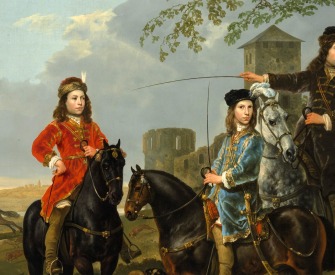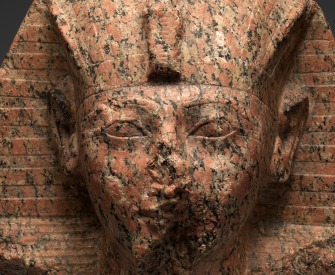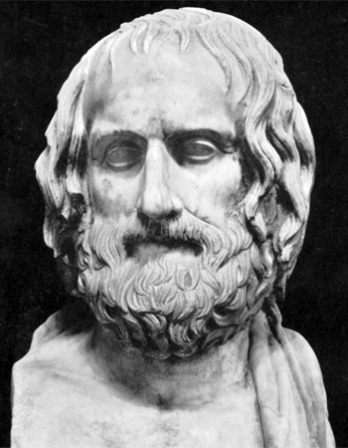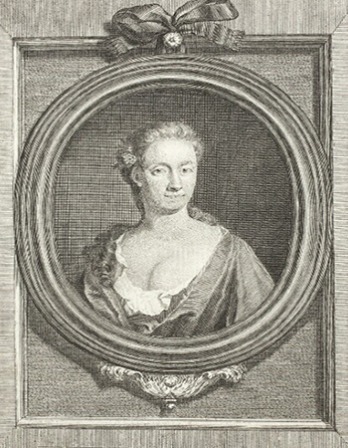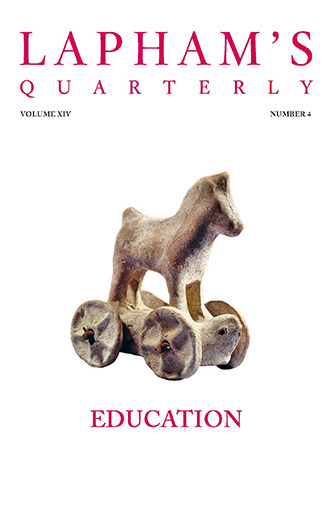There is no work of human hands which time does not wear away and reduce to dust.
—Marcus Tullius Cicero, 46 BCUnder the Gun
Fyodor Dostoevsky is granted a stay of execution.
To Mikhail Mikhailovich Dostoevsky, Nevsky Prospect, opposite Gryazny Street, in the house of Neslind:
Brother, my precious friend! All is settled! I am sentenced to four years’ hard labor in the fortress (of Orenburg, I believe), and after that to serve as a private. Today, the twenty-second of December, we were taken to the Semyonov drill ground. There the sentence of death was read to all of us, we were told to kiss the cross, our swords were broken over our heads, and our last toilet was made (white shirts). Then three were tied to the pillar for execution. I was the sixth. Three at a time were called out; consequently, I was in the second batch and no more than a minute was left me to live.
I remembered you, brother, and all yours; during the last minute you, you alone, were in my mind, only then I realized how I love you, dear brother mine! I also managed to embrace Pleshcheyev and Durov, who stood close to me, and to say goodbye to them. Finally the retreat was sounded and those tied to the pillar were led back, and it was announced to us that His Imperial Majesty granted us our lives. Then followed the present sentences. Palm alone has been pardoned, and returns with his old rank to the army.
I was just told, dear brother, that today or tomorrow we are to be sent off. I asked to see you. But I was told that this was impossible; I may only write you this letter: make haste and give me a reply as soon as you can.
I am afraid that you may somehow have got to know of our death sentence. From the windows of the prison van, when we were taken to the Semyonov drill ground, I saw a multitude of people; perhaps the news reached you, and you suffered for me. Now you will be easier on my account.
Brother! I have not become downhearted or low-spirited. Life is everywhere life, life in ourselves, not in what is outside us. There will be people near me, and to be a man among people and remain a man forever, not to be downhearted nor to fall in whatever misfortunes may befall me—this is life; this is the task of life. I have realized this. This idea has entered into my flesh and into my blood.
Yes, it’s true! The head which was creating, living with the highest life of art, which had realized and grown used to the highest needs of the spirit, that head has already been cut off from my shoulders. There remain the memory and the images created but not yet incarnated by me. They will lacerate me, it is true! But there remains in me my heart and the same flesh and blood which can also love, and suffer, and desire, and remember, and this, after all, is life. We see the sun! Now, goodbye, brother! Don’t grieve for me!
Kiss your wife and children. Remind them of me continually; see that they do not forget me. Perhaps we shall yet meet some time! Brother, take care of yourself and of your family; live quietly and carefully. Think of the future of your children.
Live positively. There has never yet been working in me such a healthy abundance of spiritual life as now. But will my body endure? I do not know. I am going away sick, I suffer from scrofula. But never mind! Brother, I have already gone through so much in life that now hardly anything can frighten me. Let come what may!
And maybe we shall meet again some time, brother! Take care of yourself, go on living, for the love of God, until we meet. Perhaps some time we shall embrace each other and recall our youth, our golden time that was, our youth and our hopes, which at this very instant I am tearing out from my heart with my blood, to bury them.
Can it indeed be that I shall never take a pen into my hands? I think that after the four years there may be a possibility. I shall send you everything that I may write, if I write anything, my God! How many imaginations, lived through by me, created by me anew, will perish, will be extinguished in my brain or will be spilled as poison in my blood! Yes, if I am not allowed to write, I shall perish. Better fifteen years of prison with a pen in my hands!
Write to me more often, write more details, more, more facts. In every letter write about all kinds of family details, of trifles, don’t forget. This will give me hope and life. If you knew how your letters revived me here in the fortress! These last two months and a half, when it was forbidden to write or receive a letter, have been very hard on me. I was ill. The fact that you did not send me money now and then worried me on your account; it meant you yourself were in great need! Kiss the children once again; their lovely little faces do not leave my mind. Ah, that they may be happy! Be happy yourself too, brother, be happy!
But do not grieve, for the love of God, do not grieve for me! Do believe that I am not downhearted, do remember that hope has not deserted me. In four years there will be a mitigation of my fate. I shall be a private soldier—no longer a prisoner, and remember that some time I shall embrace you. I was today in the grip of death for three quarters of an hour; I have lived it through with that idea; I was at the last instant and now I live again!
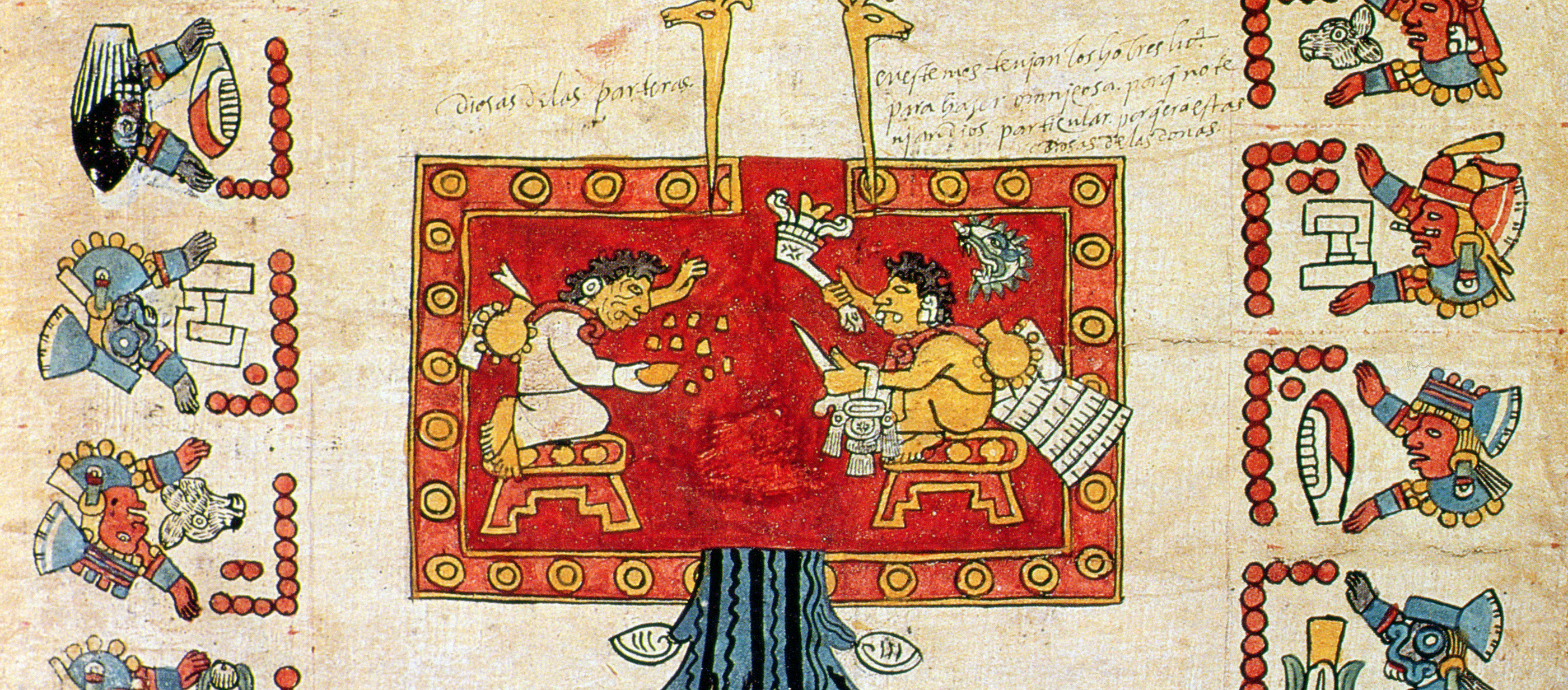
Inventing the Aztec calendar, detail from the Codex Borbonicus, sixteenth century. Bibliothéque Du Palais Bourbon, Paris.
If anyone has bad memories of me, if I have quarreled with anyone, if I have created in anyone an unpleasant impression—tell them they should forget it, if you manage to meet them. There is no gall or spite in my soul; I should dearly love to embrace any one of my former friends at this moment. It is a comfort, I experienced it today when saying goodbye to my dear ones before death. I thought at that moment that the news of the execution would kill you. But now be easy; I am still alive and shall live in the future with the thought that sometime I shall embrace you. Only this is now in my mind.
What are you doing? What have you been thinking today? Do you know about us? How cold it was today!
Ah, if only my letter reaches you soon! Otherwise I shall be for four months without news of you. I saw the envelopes in which you sent money during the last two months; the address was written in your hand, and I was glad that you were well.
When I look back at the past and think how much time has been wasted in vain, how much time was lost in delusions, in errors, in idleness, in ignorance of how to live, how I did not value time, how often I sinned against my heart and spirit—my heart bleeds. Life is a gift, life is happiness, each minute might have been an age of happiness. Si jeunesse savait! [If youth knew!] Now, changing my life, I am being reborn into a new form. Brother! I swear to you that I shall not lose hope and shall preserve my spirit and heart in purity. I shall be reborn to a better thing. That is my whole hope, my whole comfort!

Four Years out of a Death Row Sentence (Forest), from the series Black Is the Day, Black Is the Night, by Amy Elkins, 2011. © Amy Elkins, courtesy of the artist.
The life in prison has already sufficiently killed in me the demands of the flesh which were not wholly pure; I took little heed of myself before. Now privations are nothing to me, and, therefore, do not fear that any material hardship will kill me. This cannot be! Ah! To have health!
Goodbye, goodbye, my brother! When shall I write you again? You will receive from me as detailed an account as possible of my journey. If I can only preserve my health, then everything will be right!
Well, goodbye, goodbye, brother! I embrace you closely, I kiss you closely. Remember me without pain in your heart. Do not grieve, I pray you, do not grieve for me! In the next letter I shall tell you of how I go on. Remember then what I have told you: plan out your life, do not waste it, arrange your destiny, think of your children. Oh, to see you, to see you! Goodbye! Now I tear myself away from everything that was dear; it is painful to leave it! It is painful to break oneself in two, to cut the heart in two. Goodbye! Goodbye! But I shall see you, I am convinced—I hope; do not change, love me, do not let your memory grow cold, and the thought of your love will be the best part of my life. Goodbye, goodbye, once more! Goodbye to all! Your brother.

Fyodor Dostoevsky
From a letter to his brother. Dostoevsky had been arrested in 1849 for associating with a circle of liberals. After ten years of prison and serving as a soldier, he returned to St. Petersburg, later publishing The House of the Dead, a novel based on his experiences in prison; in The Idiot a character is subjected to a mock execution: for “at least a quarter of an hour, he passed in the undoubted conviction that in several minutes he suddenly would die.” Dostoevsky died at the age of fifty-nine in 1881.
